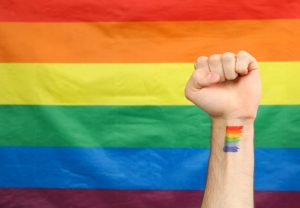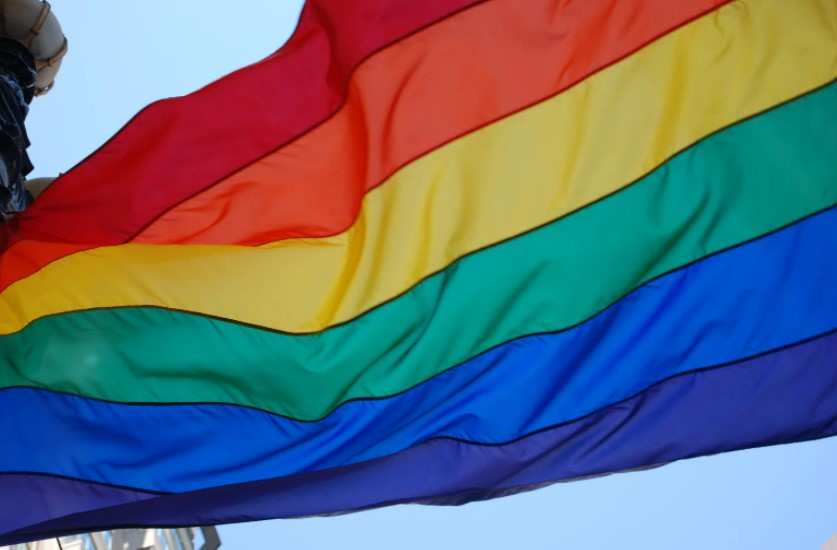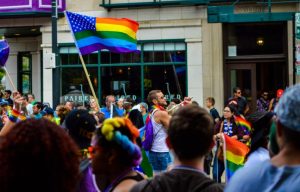Homosexuality has had a long past in The U.K. It had a lot of opposition and controversies but still was made legal anyway. The exact date for when homosexuality was made legal in the U.K. can get a little confusing. For the record, homosexuality was decriminalised in 1967 in the U.K. but had numerous things to come ahead. Even after 1967, homosexuals were still unsafe and often experienced discrimination of all sorts and had to work their way through it. But in the end, everything falls in line, and so did the homosexuality laws.
History of homosexuality laws in the United Kindom
Let us look at the history of homosexuality and homosexuality laws in the U.K. through time.
- The 1500s: Under the reign of Henry Vlll, any sexual activity between men was considered a crime and had a death penalty.
- 1533: The Buggery act 1533 was also introduced under the reign of Henry viii, which banned something that could be a way for sexual activity between men.
- 1861: From the 1500s till 1860, people were given the death penalty for being homosexual. But in 1861, the death penalty for sexual activity between men was repealed but was still punishable.
- 1951: Roberta Cowell was the first British trans woman to have undergone sex reassignment surgery in 1951.
- 1954: In 1954, Alan Turing, the wartime codebreaker, was accused of ‘gross decency’. He had to go through forced chemical castration. After which, he chose to end his life. Another eminent personality who was accused under the same was Oscar Wilde. He is famous for his beautiful writings. He was too tried under gross decency as he had an affair with another writer Lord Alfred Douglas who was 16 years younger than him. Wilde’s friends were well aware of his sexual preferences. They suggested he moved to France to save himself as homosexuality was legalised in France during the French Revolution. But he did not and fought against all accusations which did not work in his favour.
- 1957: By 1954, the number of persons being imprisoned in the United Kingdom for being homosexual or for homosexual acts had gone over a thousand per year. In 1954, the Wolfenden committee was set up. The Wolfenden committee submitted a report in the year 1957 that stated ‘must remain a realm of private morality and immorality which is, in brief, and crude terms, not the law’s business’ In other words, consenting adults over the age of 21 are permitted to have sexual activity in private.
- 1967:It took another decade for the laws concerning homosexuality to be reformed. In 1967 the sexual offences act 1967 was implemented, which made sexual acts between two consenting adults legal, but it had to be private. There were a large number of restrictions. Still, discrimination happened against homosexual individuals.
- 1972: The first Pride march was held in London.
- 1974: The United Kingdom’s first trans conference took place in Leeds.
- 1984: The members of the homosexual community showed support towards the minors, and an alliance was formed during the miner’s strike.
- 1984: Coming to the political area, Chris Smith was the first MP to come out gay.
- 1988: In the year 1988, under the governance of Margaret Thatcher, section 28 prohibited the ‘promotion’ of homosexuality and restricted teaching about homosexuality in schools.
- 1990: The first-ever professional football player to come out as gay was none other than Justin Fashanu. The consequences, though, were destructive. He ended his life.
- 1997: The first-ever M.P. that came out as a lesbian was Angela Eagle.
- 1999: The armed forces had put a ban to employ homosexuals in the armed forces. Meanwhile, four men were dismissed for being gay, and they chose to fight against it. The four men included Navy Lieutenant Commander Duncan Lustig-Prean, ex-RAF nurse Jeanette Smith, ex-naval rating John Beckett and one-time RAF clerk Graeme Grady. They had very few options to use under the 1990s U.K. laws. So they claimed it was against the European Convention of human rights. And this was the first time the Strasbourg Court heard such a case against the U.K. government. Eventually, the law that stopped gays from being employed in the armed forces was banned.
- 2000: The age of consent for sexual activities between the same gender was brought down to 16 in England, Scotland and Wales, whereas 17 in Northern Ireland.
- 2002: The adoption and children act 2002 became a law on 7th November 2002, which permitted same-sex couples to adopt children together.
- 2003: In the year 2003 section 28 was repealed, and the first law for the protection against discrimination in employment was introduced. The repealing of section 28 benefitted homosexuals enormously.
- 2004: The Civil partnership act was passed in 2004. This granted the Civil partnerships in The United Kingdom the rights and responsibilities like that of a civil marriage.
- 2008: Human fertilisation and embryology act was passed, which helped homosexual members of the society to start their own families.
- 2013: And finally! Same-sex marriage was made legal in England and Wales.
- 2020: Attention was given to the non-binary and gender fluid people who were protected under the Equality act(2010).
- 2020: Marriage between same-sex was made legal in Northern Ireland.
- 2020: Recently, in 2020, Alexander Boris de Pfeffel Johnson, the current acting Prime Minister of The United Kingdom, put a ban on gay conversion therapy.
- 2021: It was announced that Alan Turing’s image would be printed on a £50 note. The person who was once castrated for being gay is now being printed on the U.K. currency.
Conclusion

Being Homosexual was never easy in the olden days. It was in 1967 that the homosexual members of the community experienced some relief. Even today, millions of people live in countries where homosexuality is still not legalised. So all we can do for them is spread awareness about homosexuality and pray for them. Please do not judge anyone by how they appear to be. It is normal to be a man, and it is also normal to be gay. We are all humans. And humans are born to love and not hate.




